In the banking world, laundered money is colloquially referred to as “dirty” money, and it’s one of the worst offences in banking.
Unfortunately, more than a handful of tier 1 banks have violated AML regulations — wittingly or unwittingly — with settlements and fines often hitting billions of dollars. Even more unfortunate is when a bank violates AML laws because its AML procedures aren’t advanced enough to catch crooks at what they do best — evading detection.
Tier 1 bank asks ThetaRay for help during AML investigation
One unlucky Tier 1 institution found itself in the crosshairs of an investigation — also involving other entities — for processing hundreds of millions of dollars in laundered money. Internal probes revealed that the problem came from its correspondent banking arm, where visibility and control were lacking.
Dirty money transactions continued to flow, and the bank — and others — were unable to detect the source. Regulators demanded an explanation, but despite the institution’s best efforts, they had none to give. The regulators weren’t pleased.
That’s when the bank called in ThetaRay — a company providing AI-powered AML solutions — to help.
Recommended: Explore the Future of Finance at Nordic Fintech Week
Explainable AI versus generative AI
The frenzy surrounding AI since ChatGPT’s release makes it necessary to differentiate between the types of AI.
AI has many subdivisions. Generative AI works in a black box fashion. Explainable AI doesn’t.
The financial industry has increasingly adopted machine learning since the 1980s, and the concept of explainable AI, which focuses on making AI models more transparent and accountable, has gained prominence more recently. In ThetaRay’s case, their proprietary AI algorithms can ingest massive datasets, determine standard behaviour, and then recognise deviations from that behaviour.
“The question isn’t whether explainable AI will transform the industry but whether financial service providers will leverage it wisely to build a more resilient future,”
Peter Reynolds, CEO of ThetaRay.

How ThetaRay’s AI found 56 bad actors out of 200 million transactions
At a high level, ThetaRay’s proprietary solution works by initially training the AI on the bank’s existing data so it can determine patterns. In this particular case, ThetaRay’s algorithms ingested 200 million transactions, including all SWIFT messages, amounts, and geographies involved, allowing it to model what comprised normal banking behaviour.
The system then began looking for anomalous behaviour, beyond simply flagging high-risk countries or transactions. Out of 200 million transactions, ThetaRay’s system detected 8,400 suspicious anomalies connected with 56 customers who were using nine different schemes to move dirty money around.
The bad actors used a “rotation” scheme, moving money through multiple correspondent banks to make it look “clean” before sending it directly to a European bank. The transactions came from multiple business accounts, ranging between £300,000 and £700,000, which is typically under the radar of investigation.
ThetaRay’s analysis — completed in just two weeks — allowed the bank to manage the crisis and explain to stakeholders what had occurred.
Recommended: Explore the Future of Finance at Nordic Fintech Week
Explainable AI for AML
All of ThetaRay’s solutions — Transaction Monitoring, Customer Risk Assessment, Transaction Screening and Customer Screening — use transparent AI. This type of AI provides clarity and explanation to analysts regarding the sources that triggered an alert, allowing for thorough and streamlined investigations, and data-backed reports to regulators.
At the 2024 Digital Transformation Awards, ThetaRay’s explainable AI, together with Santander bank, won the award for Best Use of Data for Human Trafficking and Modern Slavery Detection, a type of risk normally considered highly complex to deal with


